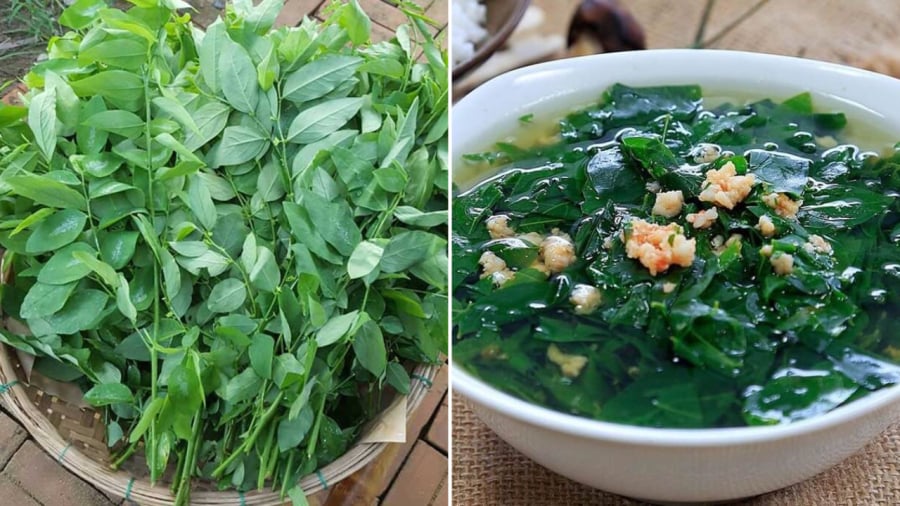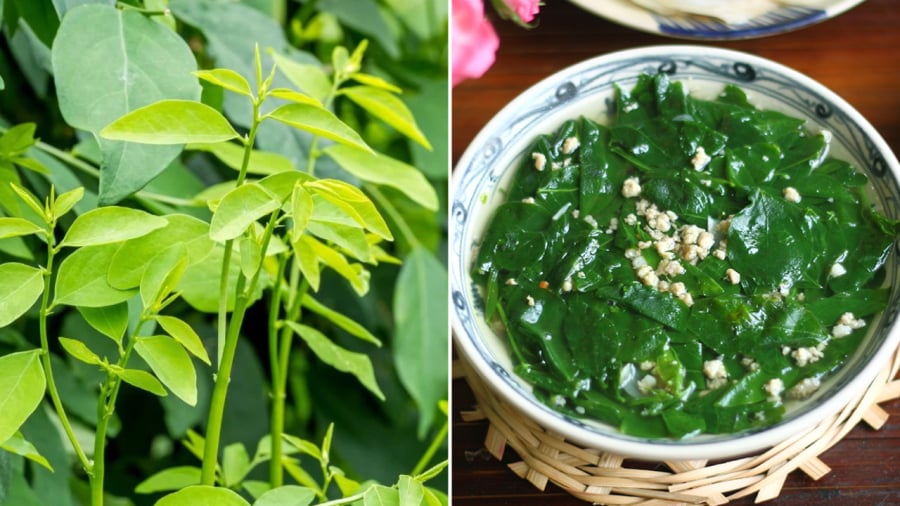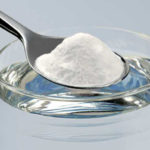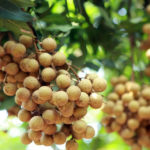Pennywort is a common and accessible vegetable that can be easily purchased at local markets and supermarkets. According to Colonel and herbalist Bui Hong Minh (former Chairman of Ba Dinh District’s Oriental Medicine Association in Hanoi), pennywort has a sweet taste and a cold nature in Oriental medicine. Cooking it reduces its cooling properties.
This vegetable is known for its blood-activating, detoxifying, and diuretic properties. Modern medical research has also revealed that pennywort is rich in plant-based protein, vitamin C, and dietary fiber, offering numerous health benefits.
Some of the health benefits of pennywort include:
– Cooling and Detoxifying: Pennywort’s sweet taste and cold nature help cool the body, detoxify, reduce fever, increase saliva production, and promote diuresis.
– Lowering Blood Pressure: The presence of papaverine in pennywort helps dilate blood vessels and relax smooth muscles, thereby reducing blood pressure. This vegetable is beneficial for individuals with high cholesterol and atherosclerosis.

Pennywort contains a wealth of essential nutrients that are beneficial to health.
– Increasing Breast Milk Production in Lactating Women: Pennywort contains estrogen, which helps boost hormone levels in women. This, in turn, stimulates the production of breast milk, benefiting new mothers who are breastfeeding.
– Reducing Blood Sugar Levels: Studies indicate that pennywort contains substances that help lower blood glucose levels, thereby reducing the risk of diabetes.
– Providing Vitamin C and Antioxidants: Rich in vitamin C, pennywort boosts the immune system and enhances resistance. Vitamin C is also essential for collagen regeneration, promoting supple and elastic skin while accelerating wound healing. Additionally, certain antioxidants in pennywort protect the body’s cells from free radical damage, combating aging and preventing diseases.
Some precautions when consuming pennywort:

When using pennywort, pay attention to certain factors to avoid adverse effects on your health.
– Pregnant Women Should Avoid Pennywort: While pennywort is beneficial for postpartum women, it is not suitable for pregnant women. The papaverine in pennywort aids in pain relief, lowers blood pressure, and relaxes smooth muscles in blood vessels. Excessive consumption by pregnant women can lead to uterine contractions and an increased risk of miscarriage. Moreover, raw pennywort has stronger toxic effects.
– Individuals with Poor Appetite, Insomnia, and the Elderly: Research suggests that pennywort may cause side effects such as shortness of breath, loss of appetite, and insomnia in certain individuals, especially those with weak constitutions and the elderly.
These side effects may be mitigated by cooking the pennywort.
People with a history of anorexia, insomnia, or the elderly should avoid consuming raw pennywort. If consuming cooked pennywort, it should be done in moderate quantities.
– Individuals with Rickets, Osteoporosis, or Calcium Deficiency: Although pennywort contains calcium, it also contains glucocorticoid, a substance that hinders the absorption of phosphorus and calcium in the body. Therefore, individuals with calcium deficiency, rickets, or osteoporosis should refrain from consuming excessive amounts of pennywort.
– Avoid Overconsumption: Pennywort has various benefits, including promoting digestion, hydrating the body, diuresis, increasing saliva production, nourishing the blood, and reducing fever. However, excessive consumption can have negative effects on health. It is recommended to consume a moderate amount of pennywort, not exceeding 50 grams per day.





































